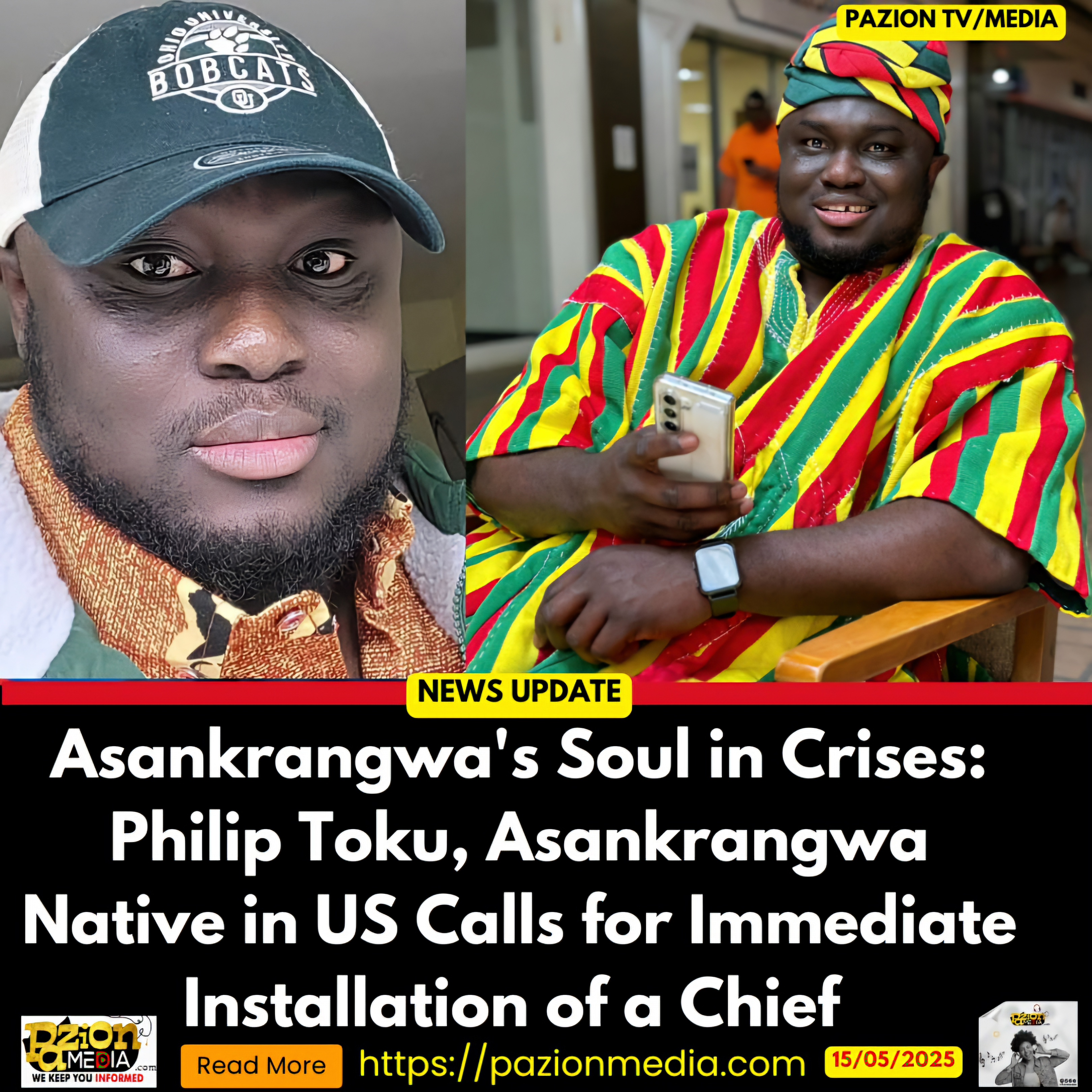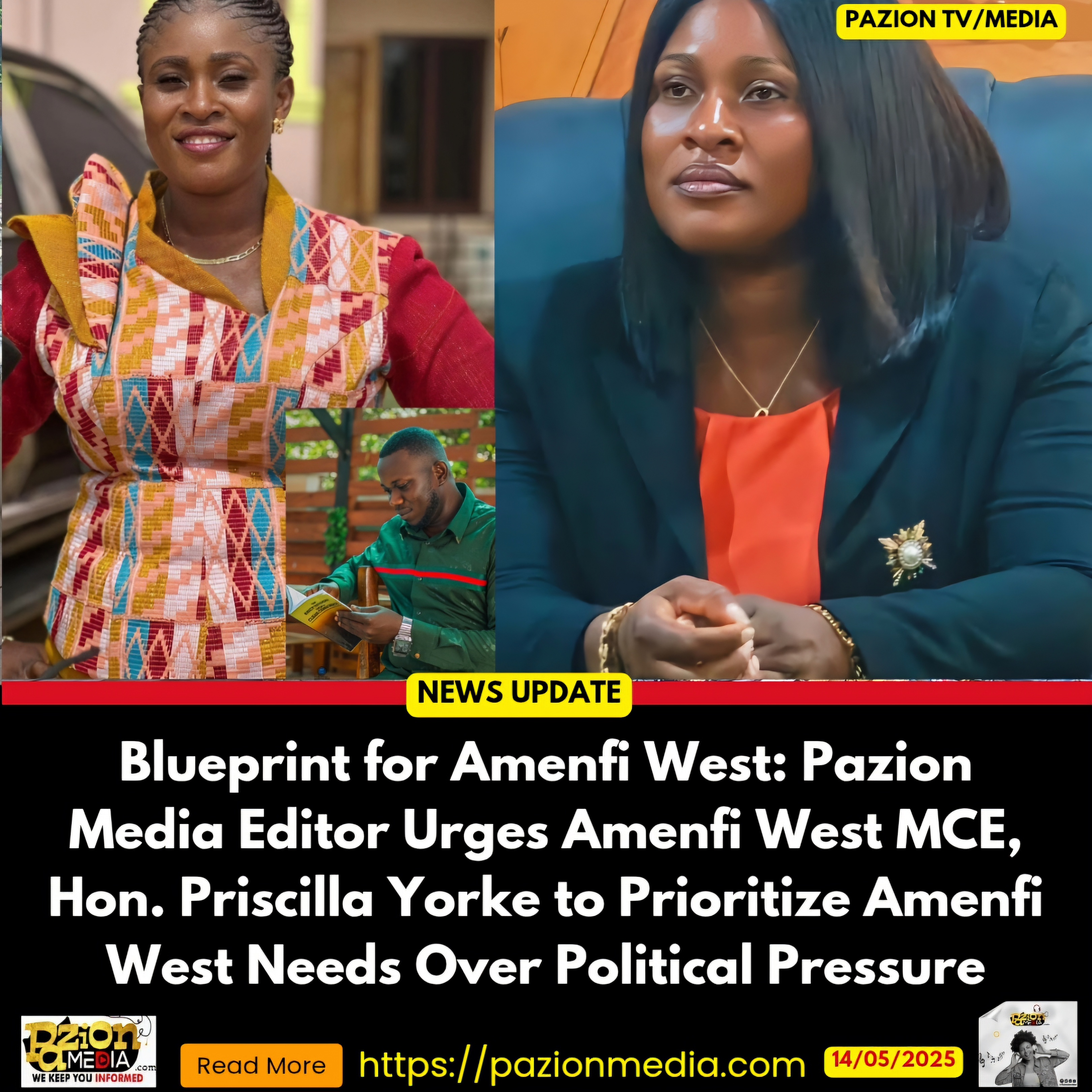Ghana is known for its religious diversity and freedom of worship, where individuals can practice their faith without fear of suppression. However, the activities of some pastors, mallams, fetish priests, and prophets have caused immense harm to society. These individuals have taken advantage of the freedom of worship to commit crimes and engage in atrocities that negatively impact society.
The activities of these fake pastors, mallams, fetish priests, and prophets include live telecasts of their services where they demand viewers to send money for doubling, selling unapproved spiritual medicines/drugs, duping members and accusations of murder and ritual killings among themselves. The prophets also give prophecies of dooms, causing fear and panic among the populace.
These activities have caused significant harm to society, including churches built on unapproved sites, causing noise pollution to residents, and pastors putting PA systems on the streets, causing noise pollution in public and harassing passersby to give offertory. It has also caused broken marriages, made some members lazy, waiting for manna to fall from heaven, and children neglecting parents for witchcraft accusations. The activities of these fake pastors, mallams, fetish priests, and prophets have also caused people to refuse to apply common sense in solving petty problems, and they have misled the youth into quick wealth.
It is time to regulate the freedom of worship in Ghana and prevent the atrocities of fake pastors, mallams, fetish priests, and prophets. The government should put measures in place to monitor the activities of these individuals and hold them accountable for any wrongdoing. The authorities must also regulate the sale of spiritual medicines/drugs and ensure that they are approved by the relevant authorities before they are sold.
There is a need to educate the populace on the dangers of blindly following these fake pastors, mallams, fetish priests, and prophets. People should be encouraged to use their common sense and seek the advice of professionals, such as doctors, lawyers, and counsellors instead of relying solely on these individuals for solutions to their problems.
In conclusion, regulating the freedom of worship in Ghana is necessary to prevent the atrocities of fake pastors, mallams, fetish priests, and prophets. The activities of these individuals have caused immense harm to society, and it is time for the authorities to take action. Educating the populace on the dangers of blindly following these individuals is crucial, and people should be encouraged to use their common sense and seek professional advice. Let us work together to make Ghana a better place for all.
Ebenezer Ansah-Boafo
 Pazionmedia.com Pazion Media l Latest News l Politics l Sports l Entertainment
Pazionmedia.com Pazion Media l Latest News l Politics l Sports l Entertainment



